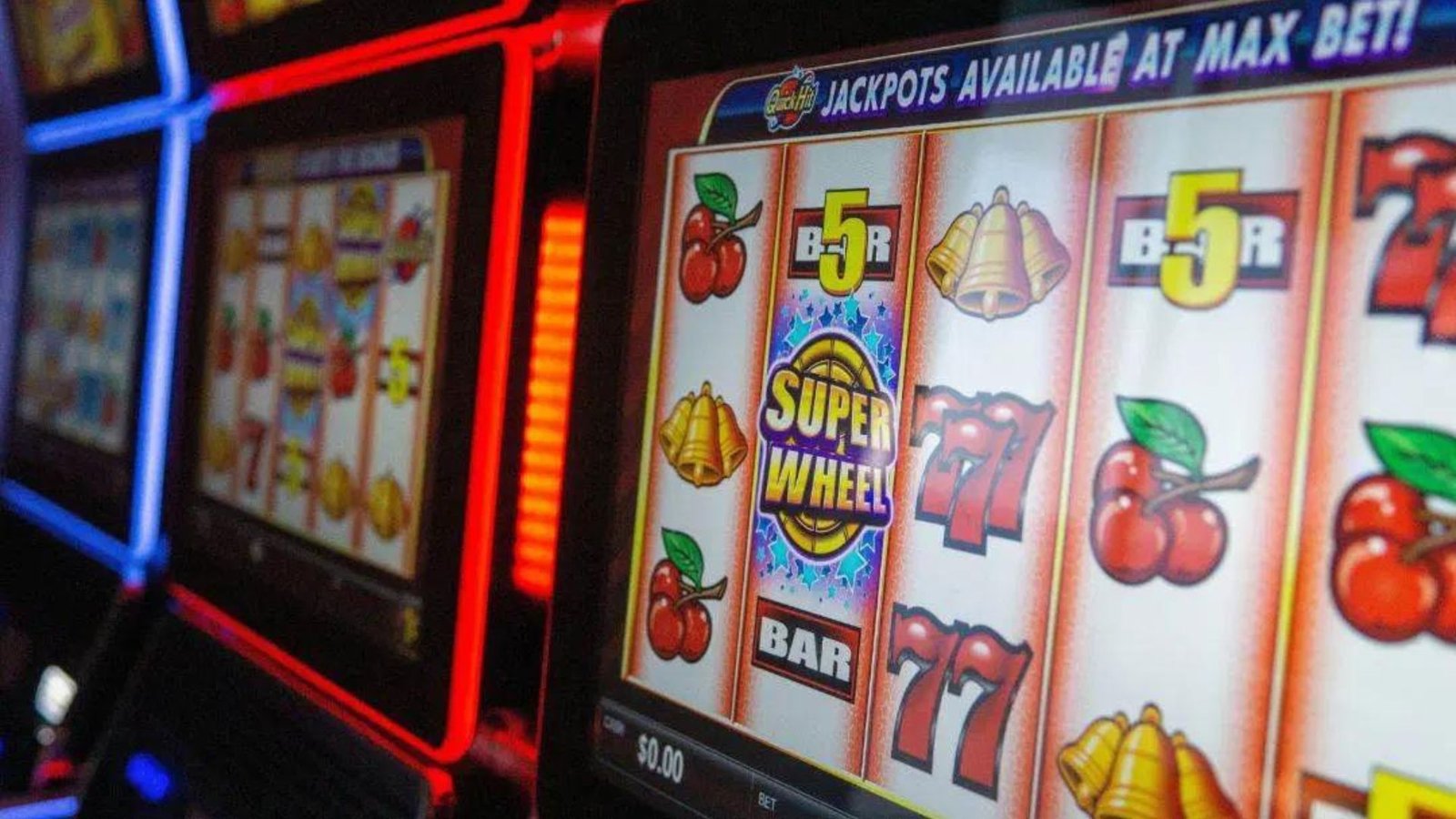Sound plays a significant role in shaping the overall gaming experience in slot games, influencing player behavior, emotions, and engagement levels. Game developers carefully design sound effects and music to create immersive and captivating gameplay that keeps players entertained and engaged. Let’s delve into the psychology of sound in slot games and explore how audio influences player behavior:
1. Creating Immersion and Atmosphere
- Theme Enhancement: Sound effects and music are used to reinforce the theme and atmosphere of the slot game, whether it’s an adventurous jungle expedition or a glamorous Las Vegas casino. Immersive audio transports players into the game world and enhances their overall gaming experience.
- Emotional Response: Well-crafted soundscapes evoke emotional responses from players, whether it’s excitement, anticipation, or relaxation. The use of dynamic music and sound effects heightens the emotional impact of wins, losses, and bonus features, keeping players engaged and invested in the game.
2. Reinforcing Reward Pathways
- Pleasure and Reward: Sound cues associated with winning outcomes, such as jingles, chimes, and celebratory fanfares, trigger pleasure centers in the brain and reinforce the feeling of reward. These auditory cues create a positive feedback loop that encourages players to continue spinning the reels in pursuit of more wins.
- Operant Conditioning: Slot game developers leverage principles of operant conditioning by associating specific sounds with winning outcomes. Over time, players learn to associate these sounds with positive rewards, leading to repetitive behavior as they seek to replicate the pleasure of winning.
3. Sustaining Engagement and Playtime
- Audio Feedback: Sound effects provide immediate feedback to players, signaling the outcome of each spin and influencing their decisions to continue playing. Engaging audio keeps players entertained and encourages them to prolong their gaming sessions, leading to increased playtime and revenue for casinos.
- Attention Capture: Attention-grabbing sound effects and music capture players’ attention and hold their focus on the game, reducing distractions and enhancing concentration. This sustained attention prolongs player engagement and contributes to a more immersive gaming experience.
4. Promoting Brand Recognition
- Distinctive Audio Identity: Slot game developers use unique audio signatures, such as memorable jingles or theme music, to differentiate their games and promote brand recognition. Consistent use of audio branding reinforces player familiarity and loyalty to specific games or casino brands.
- Brand Association: The use of recognizable audio elements builds associations between the game’s audio identity and the brand’s values, themes, and reputation. Positive associations with sound contribute to brand loyalty and encourage repeat play among players.
Conclusion
The psychology of sound in slot games is a powerful tool for influencing player behavior, emotions, and engagement levels. By leveraging immersive audio experiences, game developers create captivating gameplay that sustains player interest, reinforces reward pathways, and promotes prolonged engagement. Understanding the role of sound in slot games allows casinos to design more compelling gaming experiences that resonate with players and drive increased enjoyment and revenue.












**mind vault**
mind vault is a premium cognitive support formula created for adults 45+. It’s thoughtfully designed to help maintain clear thinking
Your article helped me a lot, is there any more related content? Thanks! https://accounts.binance.com/en/register-person?ref=JHQQKNKN
Can you be more specific about the content of your article? After reading it, I still have some doubts. Hope you can help me.